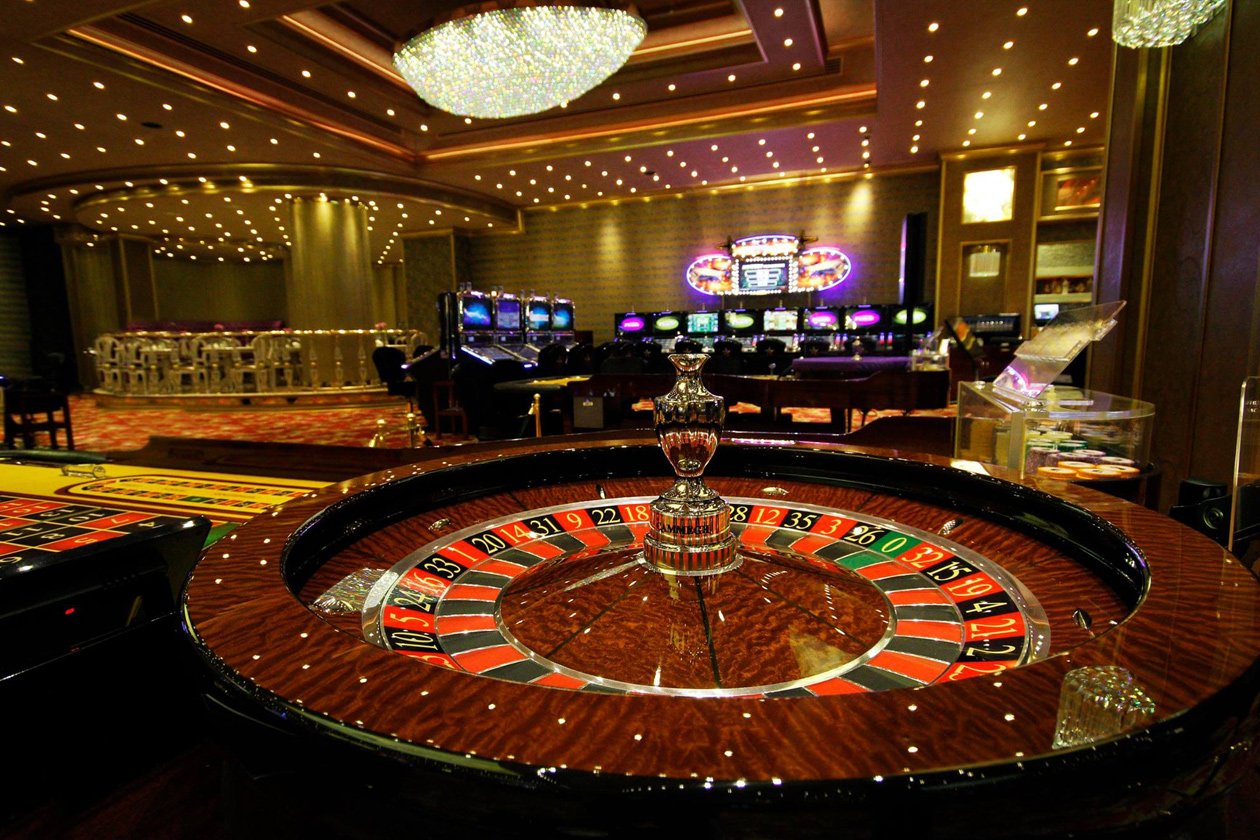Some argue that casino legalization is problematic because of the negative connotations associated with gambling and the fact that it is a business that generates significant social and economic consequences for both gamblers and nongamblers alike.
Casino boosts economics
Many religious and moral objections against casino gambling have faded over time, and the American public as a whole has become more accepting of them. According to 우리카지노, nearly two-thirds of American voters believe casinos enrich their communities and boost local economies, according to the American Gambling Association (AGA).
However, does the rise of casinos inevitably lead to an increase in the economy? There have been a slew of research done over the last three decades that have yielded conflicting outcomes. In the first place, it is not clear if casinos have a counter-cyclical influence on the economy. The AGA believes that casinos, despite their potential for economic contribution, are not immune to the effects of external macroeconomic conditions.
Casino in recessions
Consumers’ willingness to gamble decreases during recessions, as does the level of economic uncertainty, consumer confidence, and the amount of money they spend. Because casinos are not recession-proof, their presence in a state’s economy will do nothing to ease its financial woes during a recession.
In addition, as the number of casinos grows, competition within the business and across states may diminish the favorable economic impact that a casino has on the surrounding area, if any.
To be more specific, we looked at the impact of casinos on actual per-capita earned income and employment growth rates in counties that had and did not have casinos. We discovered that the benefits of casinos on economic growth are favorable, although they are minimal in comparison to other factors.
Casino per-capita economics
Between 2003 and 2012, it was projected that casino development boosted short-term per capita income growth by 0.4 percentage point and long-term per capita income growth by 0.5 percentage point, respectively. However, after the impacts of geographical or neighboring-county correlation effects were taken into account, the effect of casinos on long-term income growth was no longer apparent.
According to estimatesof wooricasino, casino development increased the 10-year pay job growth rate by 0.71 percentage point between 2003 and 2012, and its effect maintained after correcting for inter-county geographical effects, but it was reduced to 0.67 percentage point.
Individuals living in the vicinity of a casino are more likely to engage in problem and compulsive gambling behaviors as a result of the availability of gaming. Aside from that, casinos are related with greater crime rates, but those rates drop with distance, and the closeness of a casino gaming establishment is associated with higher bankruptcy rates, according to research.
Conclusion
When it comes to the casino debate, policymakers and community representatives must keep in mind that the social costs of gambling are still a significant topic of discussion. Rather than focusing solely on the short-term and insignificant economic benefits, one should consider the long-term and potentially irreversible harm to society as a whole. Rather than focusing solely on the short-term and insignificant economic benefits, one should consider the economic benefits as a whole.

